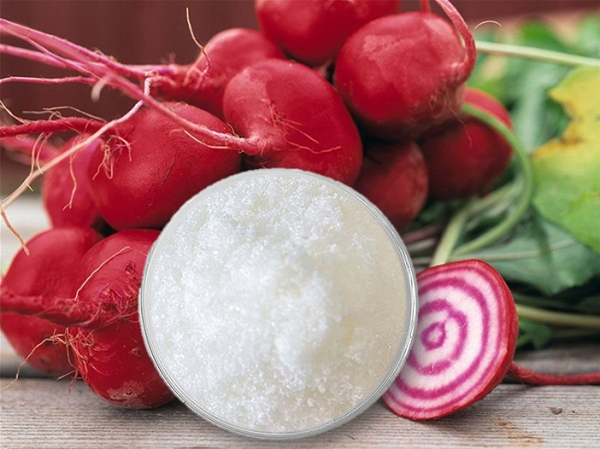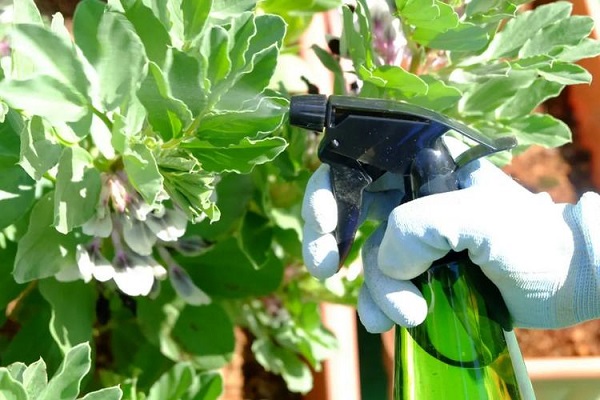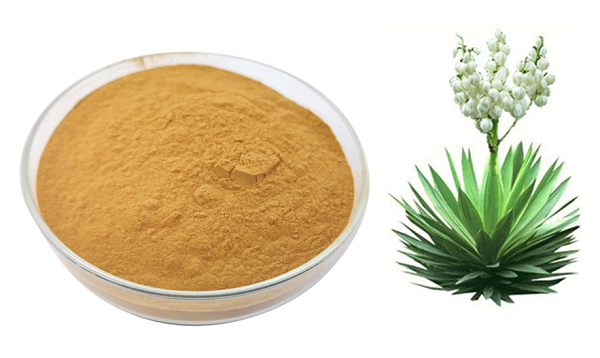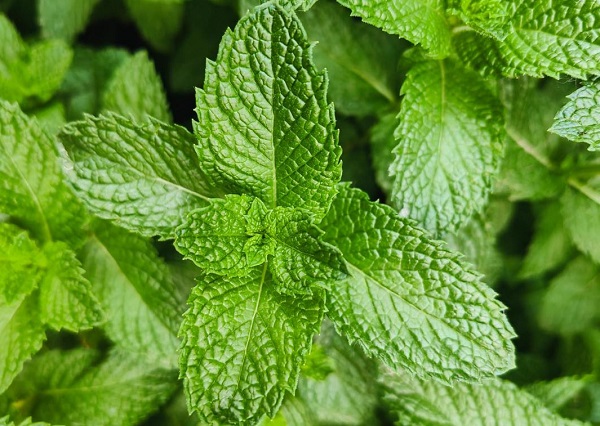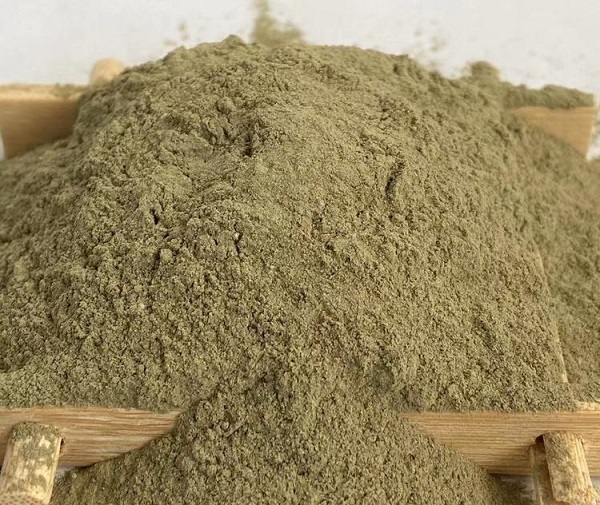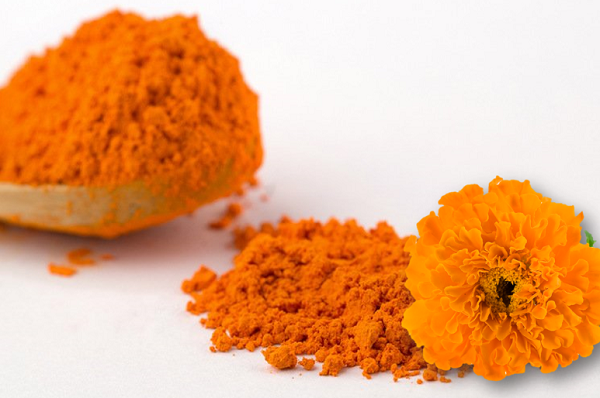Follow Us:
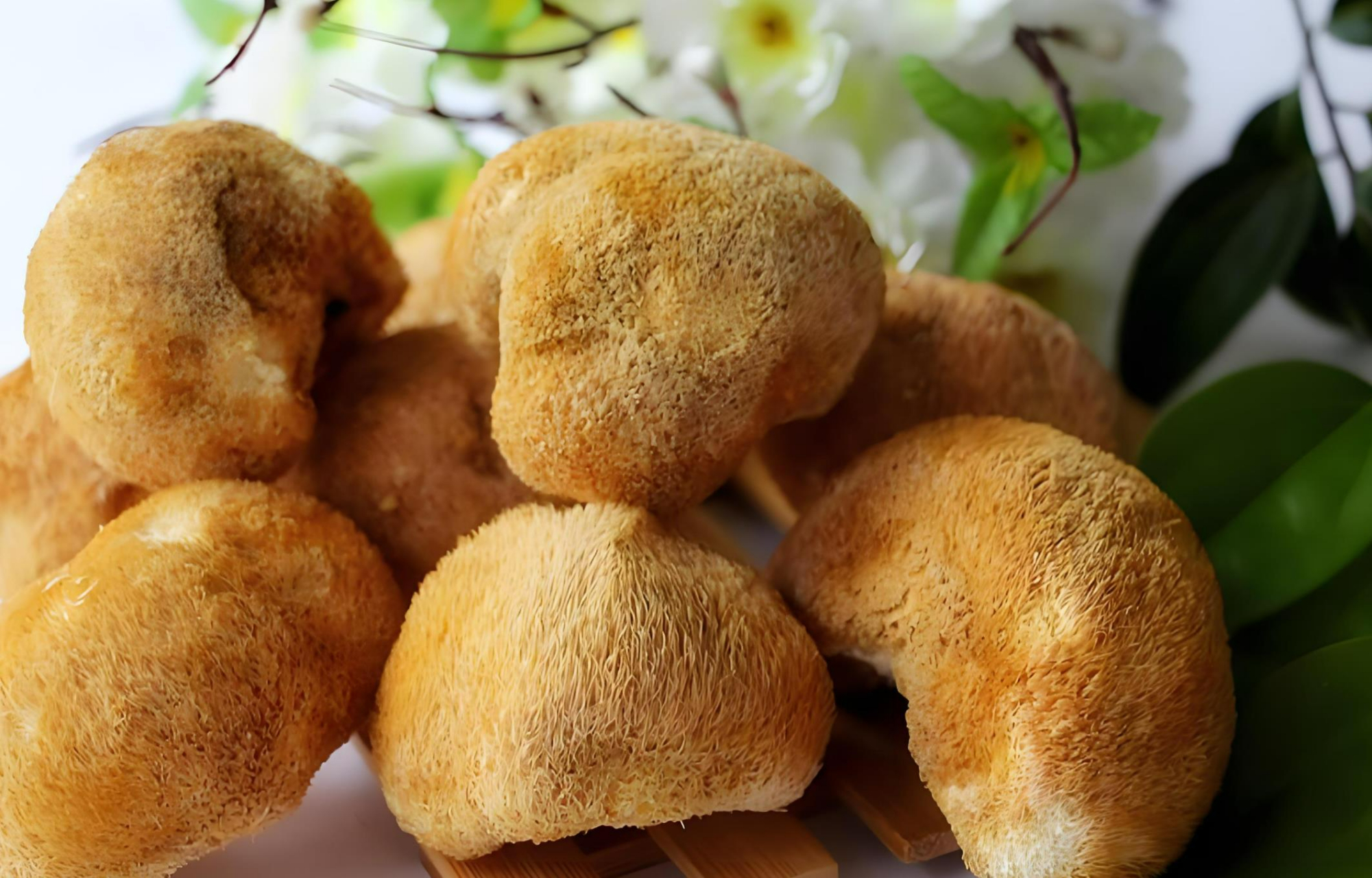
Lions Mane Powder or Extract Benefit for Animal Nutrition
Lion’s Mane powder extract, we understand the growing interest in harnessing the benefits of this remarkable mushroom for animal nutrition. Incorporating Lion’s Mane into your animals’ diet can offer a wide range of health benefits that can support the overall well-being, productivity, and performance of your animals. Here’s a closer look at the benefits you can expect when adding Lion’s Mane powder or extract to your animal nutrition program.

What Are Lions Mane Powder and Extract?
Lion’s Mane Mushroom (Hericium erinaceus) is a unique and highly regarded medicinal mushroom known for its distinctive appearance, resembling a lion’s mane due to its long, white, shaggy spines.
Bulk Lion’s Mane powder is made by drying and grinding the whole mushroom or fruiting body into a fine powder. This powder can be consumed as a animal nutrition supplement. but it is usually sold as a supplement in powder, liquid or capsules.
Difference Between Lions Mane Powder and Extract
| Feature | Lion’s Mane Powder | Lion’s Mane Extract |
| Source | Ground from the whole fruiting body of the mushroom. | Concentrated from the fruiting body using extraction methods. |
| Concentration | Lower concentration of active compounds. | Higher concentration of bioactive compounds. |
| Form | Powder form (can be mixed into food, smoothies, or teas). | Extract form (often in tincture, capsule, or concentrated powder). |
| Bioavailability | Slower absorption, lower potency. | Faster absorption, more potent due to concentrated compounds. |
| Taste | Mild, earthy flavor that may be less potent. | Stronger flavor, sometimes more bitter, depending on the extraction method. |
| Use Case | Suitable for general wellness and long-term use. | Ideal for more specific therapeutic use, such as cognitive support. |
Benefits of Lions Mane Powder or Extract in Animal Nutrition
- Immune system support
- Digestive health
- Liver damage
- Stomach ulcers
- Heat stress
- Neuroprotective properties
- Anti-inflammatory properties
- Cognition-enhancing effects
Which Animals Can Benefit from Lions Mane Powder or Extract
Dogs
- Cognitive Function: Older dogs, especially those showing signs of Canine Cognitive Dysfunction (often referred to as “dog dementia”), can benefit significantly from Lion’s Mane. The compounds in Lion’s Mane help stimulate nerve growth factor (NGF), which plays a crucial role in maintaining healthy brain cells, promoting cognitive function, and improving memory. This can help older dogs maintain mental clarity, focus, and general well-being.
- Immune Support: Dogs with weakened immune systems or those prone to infections (e.g., senior dogs or those undergoing treatments like chemotherapy) can benefit from Lion’s Mane’s ability to boost immune function through immune-modulating compounds like beta-glucans.
- Joint Health and Inflammation: Dogs suffering from arthritis or joint pain can experience anti-inflammatory benefits from Lion’s Mane, which helps reduce pain and inflammation in the joints.
Cats
- Cognitive Function: Just like dogs, cats can also suffer from Feline Cognitive Dysfunction Syndrome as they age. Lion’s Mane may help improve memory, alertness, and general cognitive health by stimulating the production of NGF, similar to its effects in dogs.
- Immune System Support: Cats, particularly those with chronic illnesses or weakened immune systems, may benefit from Lion’s Mane’s ability to enhance immune function. This is important for managing infections and promoting overall health.
- Digestive Health: Lion’s Mane may help support digestive health in cats by promoting a healthy gut microbiome and reducing inflammation, which can be especially helpful for cats with gastrointestinal issues.
3. Horses
- Cognitive Function: Horses, particularly older ones or those that are highly trained, can benefit from Lion’s Mane for mental sharpness and focus. The mushroom’s ability to stimulate NGF can help maintain cognitive performance, making it beneficial for working horses or horses that have been trained for specific tasks.
- Joint Health: Horses are prone to joint issues, especially those that are heavily used in sports or labor. Lion’s Mane’s anti-inflammatory properties can help reduce pain and inflammation in joints, improving mobility and comfort.
- Immune Support: Horses that are exposed to stressful environments can benefit from Lion’s Mane’s immune-boosting effects, which help them fight off infections and stay healthy.
What Role Does Lions Mane Powder or Extract in Livestock Nutrition
Ultimately, incorporating Lion’s Mane into the diets of chickens, ducks, and sheep could lead to better overall productivity:
- Chickens and Ducks: By improving immune function, reducing inflammation, and supporting cognitive and stress health, Lion’s Mane may enhance growth rates, egg production, and the overall well-being of poultry, leading to increased profitability in egg and meat production.
- Sheep: For sheep, Lion’s Mane could enhance growth rates, improve wool quality, support fertility, and lead to healthier, more productive flocks.

Specifications of Lions Mane Powder or Extract in Animal Nutrition
When used as a supplement in Animal feed manufacturers or as part of a wellness regimen, it is essential that the Lion’s Mane powder or extract meets specific quality and safety standards. Below is a detailed overview of the typical specifications for Lion’s Mane powder or extract intended for use in animal nutrition:
1. Botanical Source and Identification
- Botanical Name: Hericium erinaceus
- Common Names: Lion’s Mane Mushroom, Hedgehog Mushroom, Bearded Tooth Fungus
- Form: Powdered form or concentrated extract (liquid or powder)
- Part Used: The fruiting body of the mushroom is most commonly used, though some supplements may include mycelium or both fruiting body and mycelium. The fruiting body is preferred for its higher concentration of bioactive compounds.
2. Active Ingredients
- Polysaccharides (Beta-glucans): A key bioactive compound in Lion’s Mane, primarily responsible for its immune-boosting and anti-inflammatory effects. Typically, a minimum percentage of beta-glucans should be specified, often ranging from 20% to 40% in powder or extract form.
- Hericenones and Erinacines: These compounds are unique to Lion’s Mane and are involved in the stimulation of NGF. While specific concentrations may vary, high-quality extracts should ideally contain 1–3% of these compounds in concentrated form.
- Triterpenes: These compounds contribute to the anti-inflammatory, antioxidant, and neuroprotective effects. The content of triterpenes in extracts should be clearly defined, with a typical percentage of 1% to 5% in high-quality extract formulations.
3. Physical and Chemical Specifications
Appearance:
- Powdered form should be fine and free-flowing, typically off-white to light beige in color.
- Liquid extract may range from amber to light brown.
Odor: The powder or extract should have a characteristic mild, earthy mushroom scent.
Moisture Content:
- Powder: Typically ≤ 8% moisture to prevent mold growth and preserve shelf life.
- Extract: Depending on the concentration, moisture content may vary but should typically be below 10% for stability.
Solubility:
- Powder should be water-soluble to facilitate mixing into animal feed or water, enhancing bioavailability.
- Liquid extract should be easily mixable in water or feed.
4. Microbial Specifications
To ensure the product is safe for animal consumption, strict microbial limits must be adhered to. Common microbial specifications include:
- Total Plate Count (TPC): ≤ 10,000 CFU/g (colony-forming units per gram)
- Escherichia coli: Absent in 1g
- Salmonella spp.: Absent in 25g
- Staphylococcus aureus: ≤ 100 CFU/g
- Yeast and Mold: ≤ 1,000 CFU/g
5. Heavy Metals
Lion’s Mane powder or extract must meet safety standards regarding contaminants such as heavy metals. The following are typical specifications:
- Lead (Pb): ≤ 1 ppm (parts per million)
- Arsenic (As): ≤ 0.5 ppm
- Cadmium (Cd): ≤ 0.1 ppm
- Mercury (Hg): ≤ 0.1 ppm
These limits ensure the product is safe for animal consumption and aligns with food safety regulations.
6. Pesticides and Chemicals
- Pesticide Residue: Should meet the allowable limits set by regulatory agencies, typically in the range of < 0.01 ppm for individual pesticides.
- Solvents: If the extract has been produced using solvents, it must meet regulatory standards for residual solvents. Common solvents like ethanol or water should be fully evaporated, with residual solvent levels below 0.1%.
7. Nutritional Information
For use in animal nutrition, the nutritional content of Lion’s Mane should be clearly specified, including:
- Crude Protein: Typically 5-15% in powdered form, depending on the extraction method.
- Crude Fiber: Typically 5-10% in powdered form, but may be lower in extracts.
- Crude Fat: Typically < 2% in powdered form, but may be higher in some extracts, depending on the method of production.
- Ash Content: Typically < 10% to reflect the presence of minerals and to ensure minimal contamination.
Additionally, the percentage of key bioactive compounds, such as beta-glucans and erinacines, should be clearly stated for clarity regarding the potency of the supplement.
8. Extract Concentration and Potency
- Powder: The powdered form of Lion’s Mane may not be as concentrated as the extract. Typical concentrations of bioactive compounds such as beta-glucans in powders are usually around 20-30%.
- Extract: Concentrated extracts are more potent and typically contain a higher concentration of active compounds. Common extract ratios are:
- 4:1 or 10:1 (e.g., 10 kg of raw material produces 1 kg of extract)
- Higher concentration extracts may contain up to 30-40% beta-glucans, depending on the extraction method.
The potency should be verified through standardization, ensuring that each batch consistently provides the desired bioactive compounds.
9. Storage and Shelf Life
Lion’s Mane powder or extract should be stored in a cool, dry place to maintain its efficacy and prevent degradation. Shelf life can vary, but typically:
- Powder: Shelf life is 1–2 years if stored in airtight containers, away from light, moisture, and heat.
- Extract: Liquid extracts generally have a shorter shelf life than powdered forms, with a shelf life of 12–18 months depending on the extraction process and storage conditions.
Proper packaging, such as vacuum-sealed or nitrogen-flushed packaging, can extend the shelf life and maintain potency.
10. Dosage and Application
- Recommended Dosage: The dosage of Lion’s Mane powder or extract for animals will vary depending on the species and health goals. For general guidance, a typical dose may range:
- Poultry (Chickens, Ducks): Approximately 1–3% of total feed weight for general health or cognitive support.
- Sheep: Approximately 1–5 g per animal per day, depending on weight and health status.
Note: Dosage should always be tailored to the animal’s species, size, and specific health needs, and it is advisable to consult with a veterinarian or animal nutritionist for optimal dosing.
Conclusion
Order Lion’s Mane powder extract now for your commercial animal nutrition products and provide your livestock with the natural benefits of enhanced immunity, cognitive support, and overall well-being. Elevate your products with this powerful, all-natural ingredient for healthier, more resilient animals. Harness the power of nature—Contact us now!
Articles you may be interested













